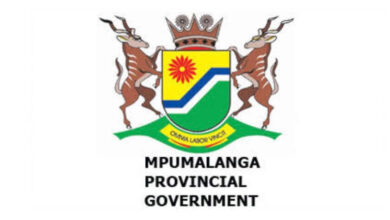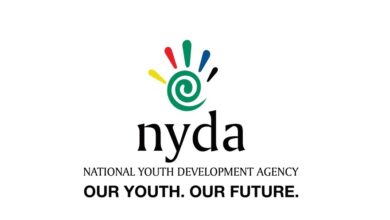Forgood – ‘A platform for do-gooders’

Born in 2012, Forgood is an organization which connects different contributors of solidarity in South-Africa: organizations which need donations, goods or volunteers; volunteers who want to support a cause close to where they live; and beneficiaries who need to find an organization to help them. Today, more than 700 causes have been referenced on the online platform! Garth Japhet, who created Forgood after several other social organizations, accepted to answer some questions about this initiative.
Interview conducted in March 2014.

SparkTour Africa: Why Forgood was created?
Garth Japhet, co-founder of Forgood: It was created because there are so many fantastic causes doing amazing things across South-Africa. They all need help of one sort or another: volunteer’s time, money, goods or services. But there is no good way of connecting people who could provide those needs to causes that need them. So, Forgood’s idea is to make a ‘Gumtree’ or ‘Ebay’ where causes can create needs, and people can meet those needs.
‘[Forgood] was created because there are so many fantastic causes doing amazing things across South-Africa, and they all need help of one sort or another.’
How does it work exactly?
Let’s say I am a children’s charity in Johannesburg, and I have the need for volunteers to come and help children once a week. I also need money and baby’s nappies. I would create a profile on Forgood with these three needs. Anyone coming to the site would be able to say: ‘I am in Johannesburg, I am interested to help children’… and this need would come up! If they can meet that need, they would connect directly with the cause.
If I am an engineer and I want to give three months to work on a water project but I cannot find anything, I can create an offer. That offer will go to all the organizations which are working in environmental issues, and they can respond and say why I should come and work for them.
What is your business model?
Forgood is free for causes and for the general public. Our business model is that a lot of companies are increasingly encouraging the staff to give time, and a lot of them would give a day or an afternoon off. These companies don’t have resources to find causes for their employees. So, Forgood come into the company intranet, we connect employees with causes and more importantly we are able to track them. We are able to give reports to the company on how many people would have done work and how much time has been given. They can report on that themselves, and for that they pay us.
The other part of the business model is that people can build their own sites using information from Forgood, and they pay a small fee for that.
Could you give three words to define the spirit of the organization?
Quick, easy, and for you.
You really want to create a user-friendly application?
That is our biggest struggle: we want to become quick, easy and for you! We want the technology to get ‘out of the way’. If you are looking for something, you need a quick responce.
‘We want the technology to get ‘out of the way’. If you are looking for something, you need a quick responce.’
You are a serial social-entrepreneur in the media field: you created Soul City, a TV educational series, and Heartlines, an NGO which produces values based films and interventions. Why do you think that media should take part in solving social and environmental issues?
Communication between us as human beings is what changes the world. It is the way in which we react, we consume, we learn! Mass media, digital media, written media and social media can be use for good and for bad. We choose to use it for good!
‘Communication between us as human beings is what changes the world.’
Do you think that people are looking for positive news today?
I think that the answer is yes, we all want to hear good things. I would rather finish reading something and feel good about the world than feel I want to cut my wrists. But it needs to be delivered in a way that is entertaining, that resonates with me, makes me think, and a lot of good news is maybe not delivered in this way.
‘I would rather finish reading something and feel good about the world than feel I want to cut my wrists.’
Today, a lot of young South-Africans want to embark on an entrepreneurial adventure to help society. Do you have a piece of advice for them?
When I started, the only real model was to raise money and then do something. Now, to look for a sustainable business model is really important: to find a way of having a social-enterprise which can both do good and do well. The other thing is to have a vision and to stick with it.




